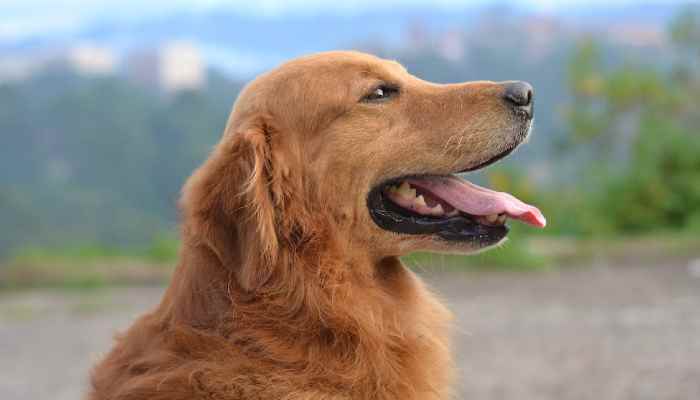Dogs are beloved members of our families and their behaviour plays a significant role in our relationship with them. However, as dogs age, their behaviour can change, and it is important for dog owners to understand and adapt to these changes to ensure their pet’s ongoing health and happiness.
Puppies are adorable, energetic bundles of joy that require a great deal of attention and care. During the first few weeks of life, they are entirely dependent on their mother for survival. As they grow and develop, they become more curious and start to explore their environment. It is during this period that socialization is crucial to their development. Puppies who are not properly socialized during this critical period can grow up to be anxious, fearful, or aggressive towards people and other animals.
As puppies move into adolescence, their behavior can become more challenging for their owners. During this period, puppies may start to become more independent and assertive, testing the boundaries of what they can get away with. They may become more stubborn and difficult to train, as they start to develop their own personality and sense of self. Owners may notice that their puppies become less interested in following their commands, and may even start to exhibit behaviours that are unwanted, such as jumping up, barking excessively, or chewing on things they shouldn’t.
This is a normal part of the developmental process, but it is important for owners to remain consistent and patient during this time. It is crucial that puppies continue to receive guidance and training to help them become well-behaved adult dogs. Providing them with positive reinforcement for good behaviour can help encourage them to continue to exhibit those behaviours, while discouraging negative behaviour through redirection and appropriate consequences.
As dogs reach adulthood, their behaviour typically becomes more stable and predictable. They are more confident and may exhibit less anxiety than younger dogs. However, as they enter middle age, they may begin to experience physical changes that can affect their behaviour. For example, arthritis or other age-related health issues may make it more difficult for them to move around, causing them to become less active.
In their senior years, dogs may experience a range of physical and cognitive changes that can impact their behaviour. They may become less active, more anxious or depressed, and may experience changes in appetite or sleep patterns. Cognitive decline can also occur, leading to confusion, memory loss, and changes in personality. As dogs age, they may become less tolerant of changes in their routine and environment, which can cause anxiety and stress.
To adapt to their changing needs, senior dogs may require adjustments in their diet, exercise routine, and environment. Providing comfortable sleeping arrangements, additional mental stimulation, such as puzzle toys, and adapting their exercise routine can help to keep them healthy and happy. Regular visits to the vet can help detect and manage any age-related health issues that may be affecting their behaviour.
In conclusion, understanding the changes that occur in a dog’s behaviour as they age is crucial for providing the best possible care throughout their lives. From puppyhood to old age, each stage of a dog’s life presents unique challenges and opportunities for growth and companionship. By adapting to their changing needs and providing the care they require, we can help ensure that our beloved pets enjoy a happy and healthy life.

